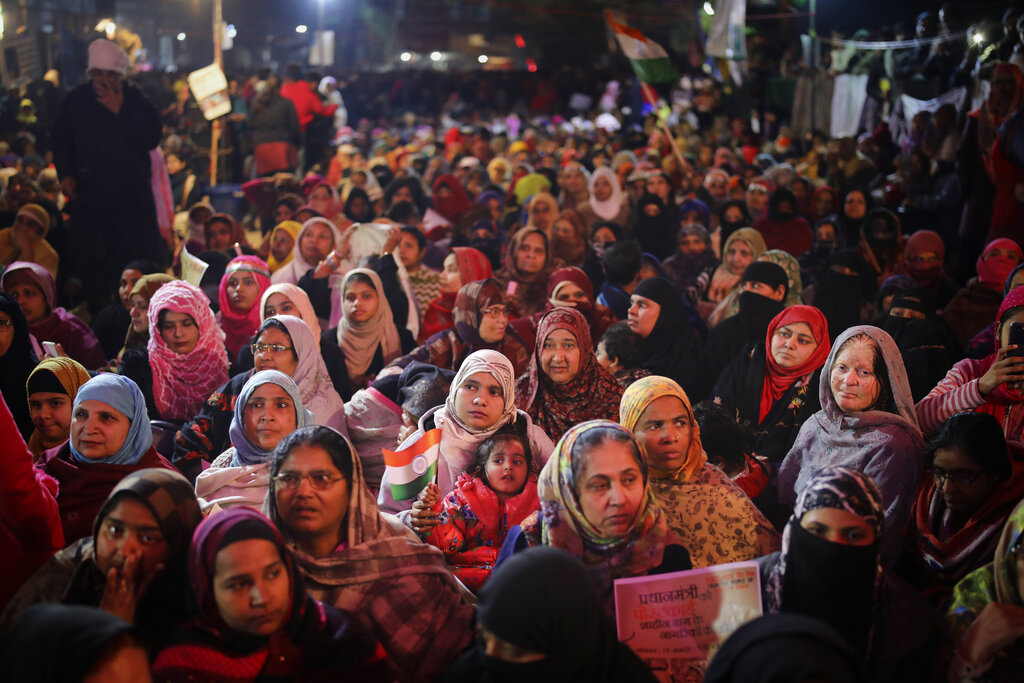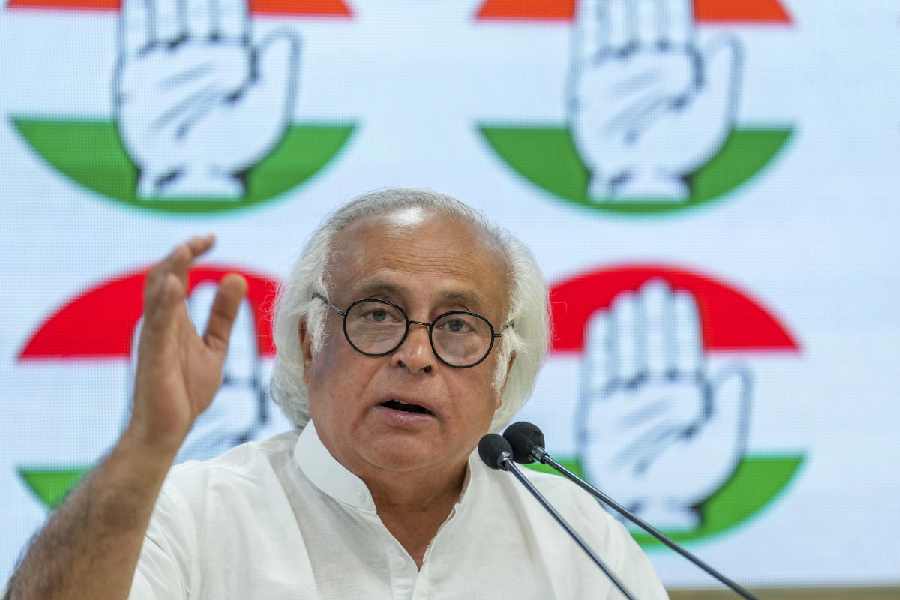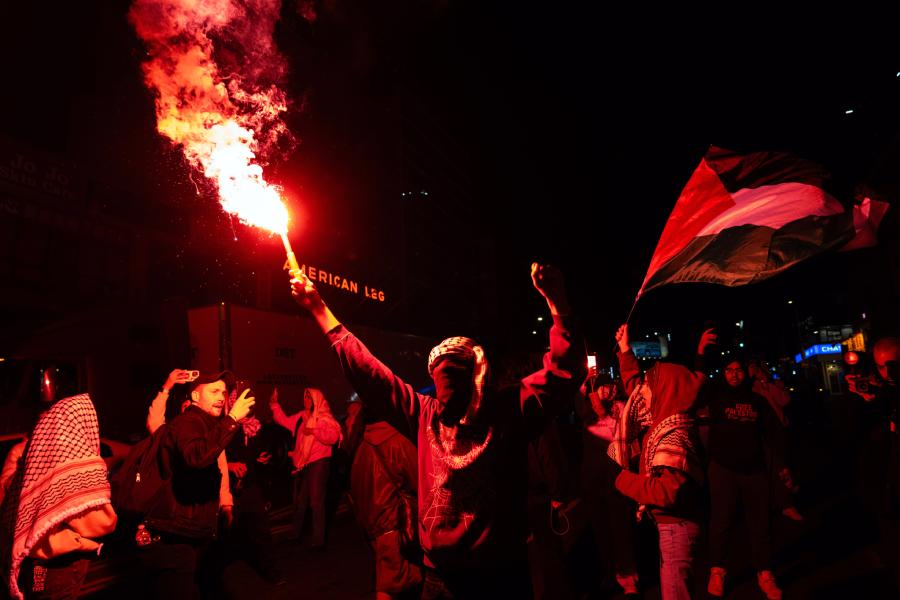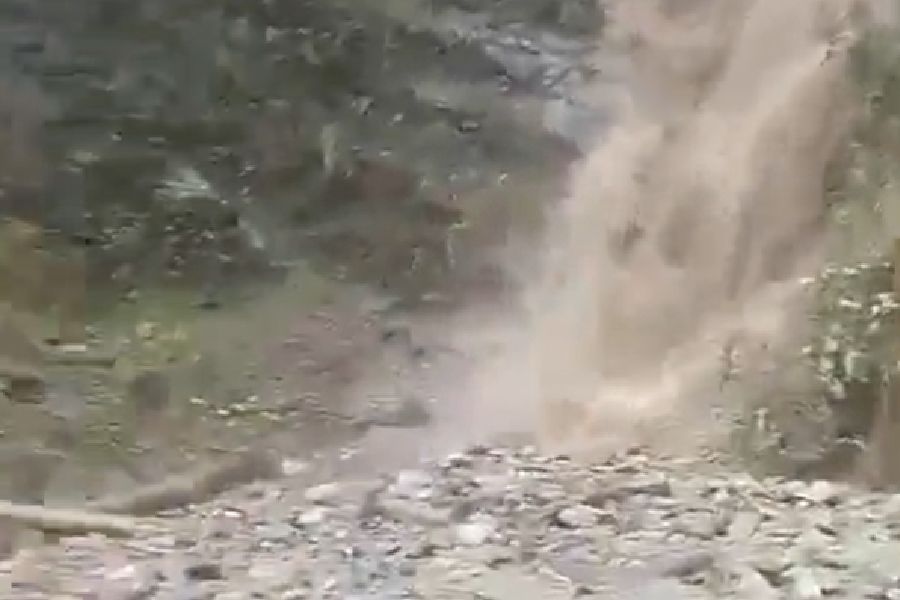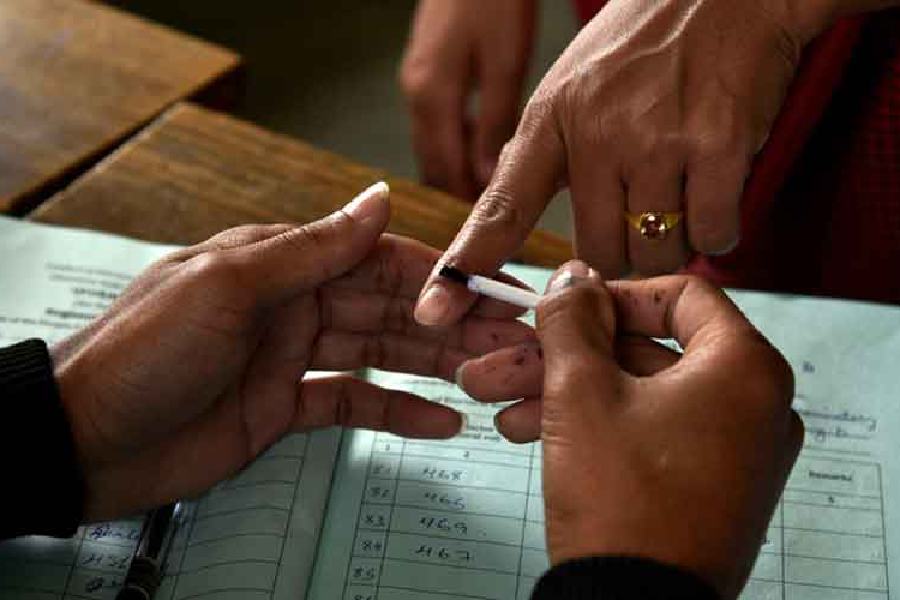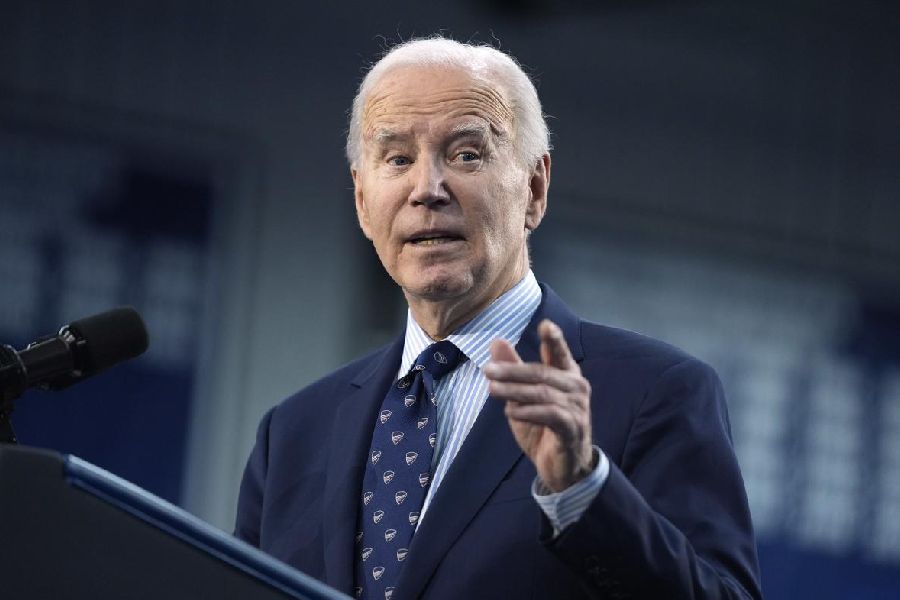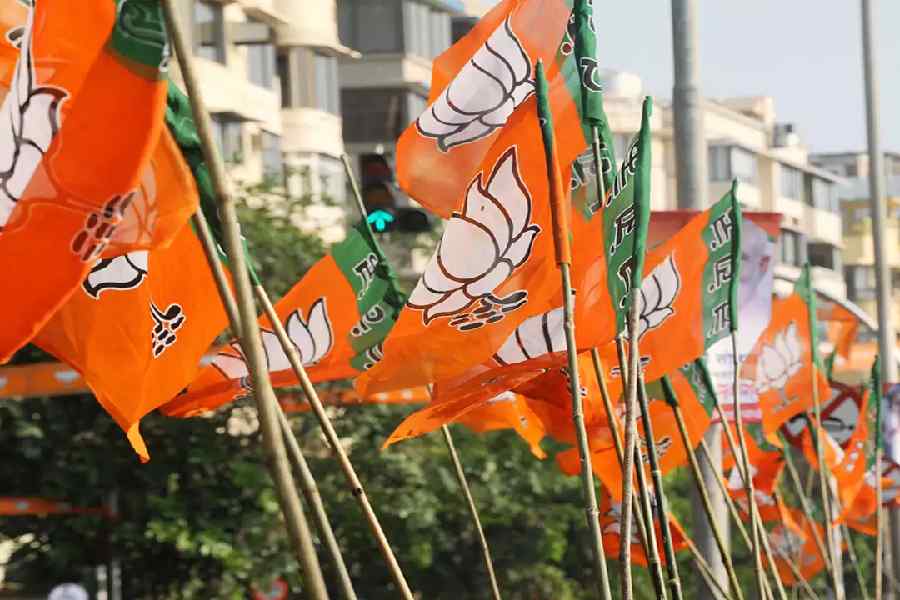The Supreme Court on Monday asked advocates Sanjay Hegde and Sadhana Ramachandran to talk to Shaheen Bagh protestors and persuade them to move to an alternative site, where no public place will be blocked.
Hearing pleas over the road blocks due to the ongoing protests at Shaheen Bagh against the Citizenship Amendment Act (CAA), a bench comprising Justices S. K. Kaul and K. M. Joseph said its concern is about what will happen if people start protesting on roads.
Hegde told The Telegraph Online that he and Ramchandran will be assisting Shaheen Bagh protestors to resolve their issues while 'respecting and safeguarding' their 'right to protest' as well as the requisite 'orderly civic life.'
'My colleague Sadhana Ramachandran and I accept the responsibility placed upon us by the Supreme Court. We will be meeting all parties with a view to assisting them to resolve their issues in a manner that respects and safeguards both the right to protest and the requirements of orderly civic life. We hope that our assistance leads to these matters being resolved in good faith and to the satisfaction of all parties,' Hegde said.
Democracy works on expressing views but there are lines and boundaries for it, it said.
The apex court said that people have a fundamental right to protest against a law but the blocking of public roads is a matter of concern and there has to be a balancing factor.
People have a fundamental right to protest but thing which is troubling us is blocking of public roads, the bench said.
Solicitor-general Tushar Mehta said that let a message not go that every institution is on its knees trying to persuade Shaheen Bagh protestors on this issue.
If nothing works, we will leave it to the authorities to deal with the situation, the apex court said.
Restrictions have been imposed on the Kaindi Kunj-Shaheen Bagh stretch and the Okhla underpass, which were closed on December 15 last year due to the protests against CAA and Register of Citizens.
The Supreme Court had on February 10 said that protesters cannot cause 'inconvenience' to the public but refused to pass an interim order to evict them.
Justice Kaul, who was heading the bench, had said, “There cannot be any indefinite protests in common public areas. If people start protesting everywhere, what will happen?”
It refused to pass any interim directive to evict the protesters, saying it needed to hear the Centre’s view. It then issued notices to the Centre, the Delhi government and the police.
The protest in Shaheen Bagh, led by women, began against the Citizenship (Amendment) Act on December 15 — the same day police had gone on the rampage at the Jamia Millia Islamia in pursuit of alleged arsonists.

